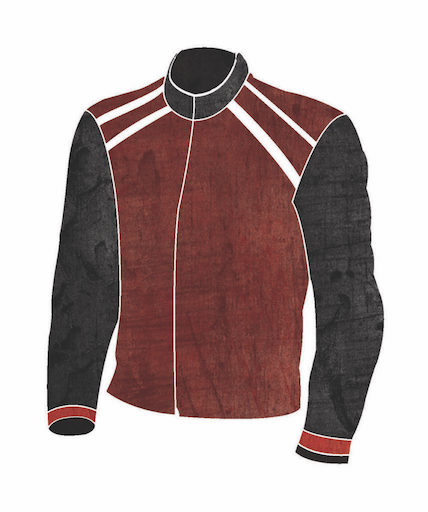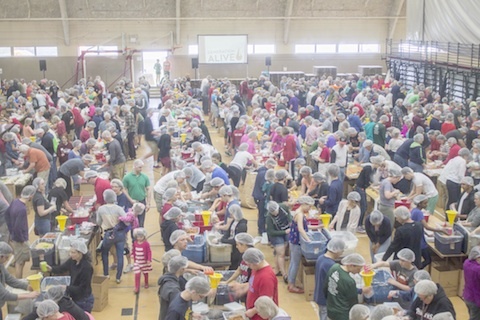A Whitworth alumnus was evacuated from Ukraine Feb. 24 due to safety and security concerns amid rising conflict and protests in the eastern European country. Ryan Knight, ‘13, a United States Peace Corps volunteer, was teaching English in Ukraine when he was evacuated late last month.
Knight, who received his bachelor’s in peace and international studies, was sent to Ukraine in September 2013.
“About halfway through my last semester [at Whitworth], I got an email saying that you’re going to Ukraine,” Knight said. “It seemed like a modern country and not a lot in terms of politics, but that’s obviously changed.”
While Knight was in Ukraine, he received three months of training in Kiev, now a center of protests in Ukraine, and was then relocated to a small village.
Knight was located about 700 miles north of Crimea on the western side of the Carpathian Mountains with nearly 200 other Peace Corps volunteers.
Some of the volunteers in Ukraine, such as Knight, worked as English teachers for the Roma, or gypsies, living in the area.
“We were just getting a lot of projects up and running when we had to leave,” Knight said. “We were trying to build connections between the Roma and Ukrainians and teach about the Holocaust, but then we had to leave.”
Ukrainian English teachers and students have kept in contact with Knight, keeping him up to date with current events in Ukraine.
“It’s just a really interesting time,” Knight said.
Knight has been back in the U.S. since February. He currently resides in California, where he is anticipating returning to service for the Peace Corps.
“I’d love to return [to Ukraine],” Knight said.
It depends on the Peace Corps and when they determine it would be safe enough for Knight and the other volunteers to return.
The Ukrainian protests that began in late November, forcing the evacuation of Peace Corps Volunteers and other American citizens, is the result of a conflict that dates back to the collapse of the Soviet Union in 1991, said Patrick Van Inwegen, associate professor of political science.
The collapse of the Soviet Union led to the creation of several new republics, including Ukraine. Following a violent protest in 2004, the Ukrainian supreme court then stepped in and ordered a new election, and a pro-Russian president, Viktor Yanukovych, was elected. The East-West split led to a divide of interests, Van Inwegen said.
“Basically, it’s the same kind of divide between East and West, and there was a protest, and an election that was said to have a lot of fraud,” Van Inwegen said.
Ukrainians pushed for European Union membership, while others, including Yanukovych, wanted closer ties with Russia. When he announced that it was abandoning a plan to strengthen the relationship with the EU and possible EU membership early last month, the country went into an uproar.
“It doesn’t sound like there was a significant threat,” Van Inwegen said. “The possibility for increased tensions if Americans were there is much higher; taking that away is something of a bargaining chip and we’d be less likely to get pulled into a conflict.”
Knight joined the Peace Corps because he wanted to travel abroad, he said.
“I studied abroad a lot when I attended Whitworth and I studied in China and Tanzania, and I wanted to figure out what the world was about, so I thought that it was a good opportunity,” Knight said. “If I can’t get back to Ukraine, I’d transfer to a different country, but I loved it there.”








